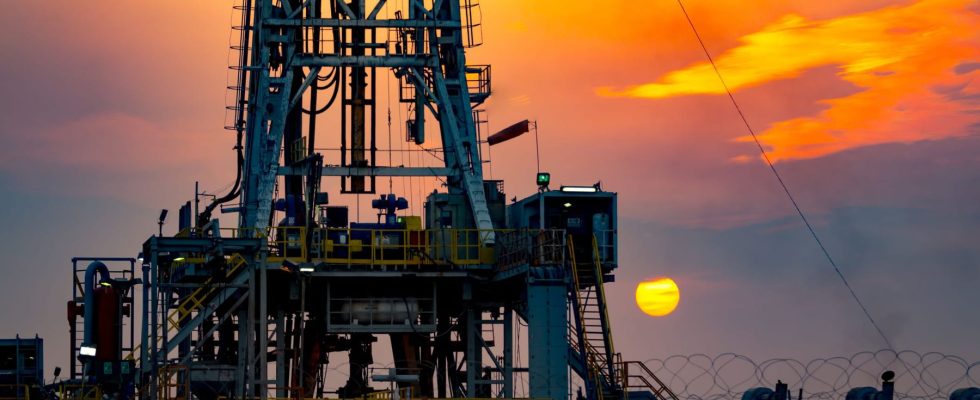Oil prices rise again on Tuesday. But the price is currently fluctuating – probably also due to two opposing forces.
Oil prices extended their gains on Tuesday afternoon compared to the morning. A barrel (159 liters) of North Sea Brent for delivery in May cost $82.77 in midday trading. That was 56 cents more than the evening before. The price for a barrel of US West Texas Intermediate (WTI) for April delivery rose 44 cents to $78.37.
The situation on the oil market continues to be characterized by prices tending to rise, albeit with significant fluctuations in some cases. The latter is a result of opposing market forces: prices are limited downwards by the limited supply from the large OPEC+ production network. The increasing supply of oil from countries such as the USA and weak demand in many places speak against greater price increases.
US Federal Reserve could stimulate demand
Increased tensions in the Red Sea are also causing oil prices to barely rise, although the Iran-backed Houthi militia recently carried out its biggest attack since the conflict began in November. Meanwhile, the ongoing overproduction of oil in Iraq and Kazakhstan is causing discontent among OPEC+ member states.
“The pressure on both countries is likely to increase. Continued exceeding of the target could reduce the willingness of the other countries to stick to the agreed production targets. This would put the effectiveness of the entire agreement at risk,” comments raw materials analyst Carsten Fritsch from the Commerzbank. The result would be a weaker oil price.
During the course of the day, market participants are likely to pay attention to inflation data from the USA, as the numbers are very important for the US Federal Reserve’s monetary policy course. Their decisions usually trigger strong price reactions on the financial and raw materials markets. The Fed is heading towards easing its monetary policy, which could boost the economy and therefore demand for oil, petrol and diesel. However, interest rate cuts could be prevented by continued high inflation.

